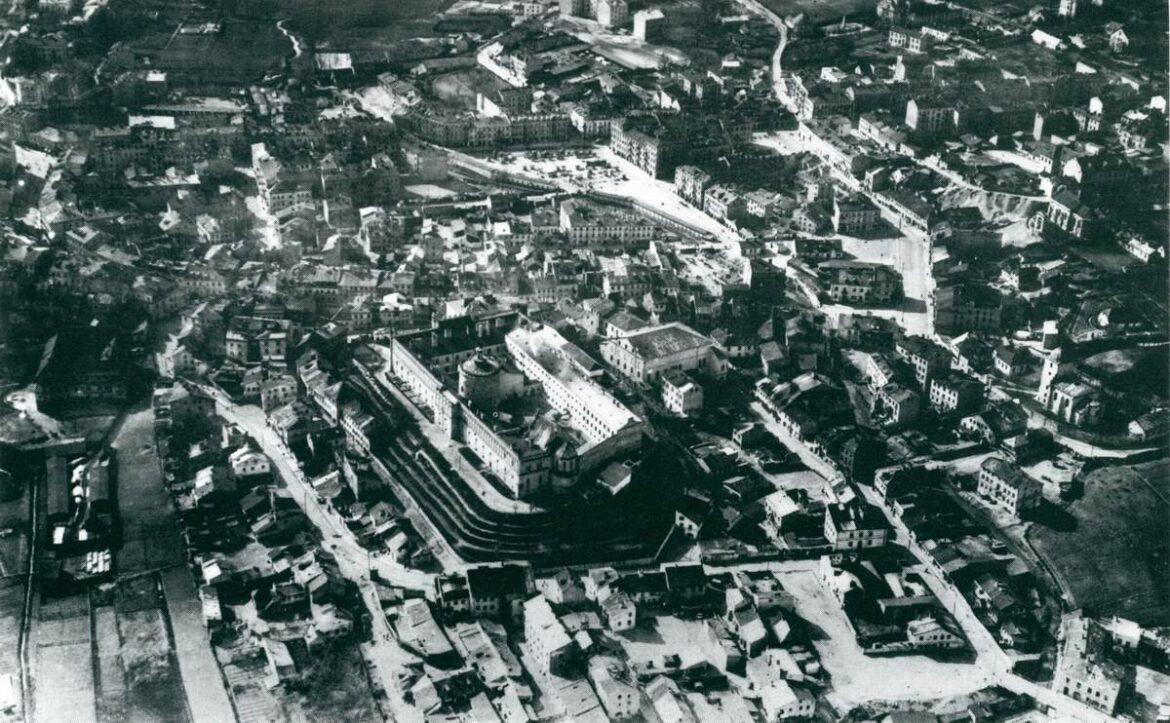Lublin, an unusual city in eastern Poland, was called the Jerusalem of the Kingdom of Poland. For 600 years, Jews and Poles lived together in Lublin, jointly creating a multicultural community that provided a significant economic, social and cultural exchange.
In 1336, Jews obtained a royal privilege that allowed them to settle near the Lublin castle. The local community was the third-largest in Poland in the 16th century and then it obtained further privileges for trade, purchase of new land and expansion of communal facilities (butcher’s shops, hospital, brick synagogue – one of the largest in Poland).
Lublin flourished most in the 16th century and in the first half of the 17th century. The importance of the city is evidenced by the signing of the union between Poland and Lithuania (Union of Lublin, 1569). From 1518, a famous yeshiva by Shalom Szachna and printing houses were established that published over 240 titles by 1685. In the years 1581-1764, the Council of the Four Lands (Waad Arba Aracot) a Jewish parliament and a symbol of their freedom and autonomy, operated in the city. Lublin was also the center of Jewish science, with outstanding Talmudic schools, famous personalities such as the Seer of Lublin (Yaakov Yitzhak ha-Levi Horowic, 1745-1815).
In the nineteenth century, Jews made up more than half of Lublin’s population, having a significant share in industry and trade. After World War I, numerous political organizations, libraries, cultural clubs and sports teams were established in the city. Famous social activists, scientists, creators of culture, e.g. the family of the composer Henryk Wieniawski lived there. Before World War II, the city was also known for its rabbinical higher education institution – Chamei Lublin Yeshiva (Lublin School of Sages).
During the occupation, until 1943, the Germans not only exterminated Lublin Jews but also destroyed all Jewish architectural facilities. Despite this cruelty, many Jewish reminders have been preserved in the city, attracting visitors from all over the world, and the city maintains the memory of the Jewish community and its achievements.





